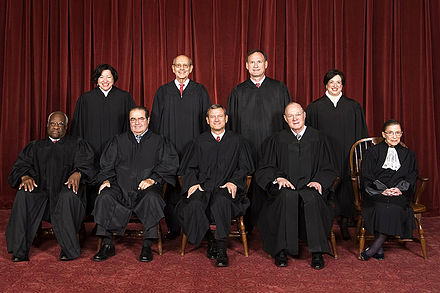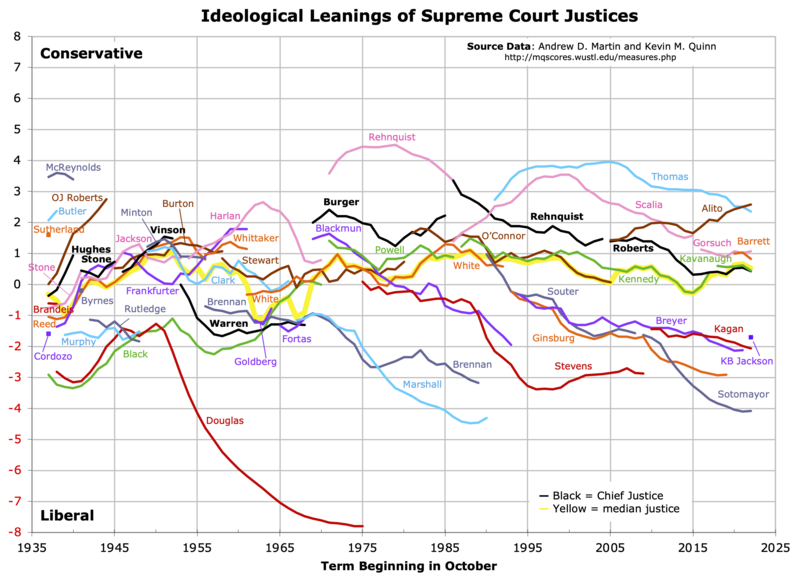 |
| US Supreme Court - 2010 Picture Credit: US government / Wikipedia |
Specifically, as detailed here in the Economist, the justices are grappling with the limits of police stop and search powers. The nub of the issue is whether a phone should be protected property or open to scrutiny without a warrant.
Justice Kagan said that since "absolutely everything” about you, including bank records, photos, texts, emails, and GPS data are on a phone it is not reasonable that this should be accessible to a police officer without a warrant. The rest of the court seemed to agree.
The details of the cases can be found in the article above. Currently, the court is only at the stage of hearing oral arguments.
However, another article had a subtly different take on this - whether the Supreme Court was in fact the correct body to decide crucial issues of privacy and technology. Ars Technica highlighted the worry that since most of the justices don't actually understand the technology, they are the wrong body to make decisions like this.
The alternative argument is that the Supreme Court can make judgements on the wide issue without getting bogged-down in the finer details of the technology. After all, Justices have to deal with high-level abstractions, not technical minutiae.
The Court itself does not use email, and is therefore like most organisations prior to the mid-1980s (how representative is the court?)
All of which is great stuff for G and P students contemplating the power and effectiveness of the Supreme Court in Unit 4C.
 |
| Picture Credit: Wikipedia |
The issues detailed above also raise the fact that at 81, Ruth Bader Ginsburg is the oldest member of the court, and she still considers herself to be capable of doing the job. Politicians are looking forward to the next appointment to the Court, bearing in mind that it in after the Mid-terms, President Obama may lose the Senate, and find it very hard to get his chosen candidate through should he need to take action before the end of his second term.
G and P students thinking about the ideological make-up of the court could do worse than look at this graph, and check out the Wikipedia page entry.
No comments:
Post a Comment